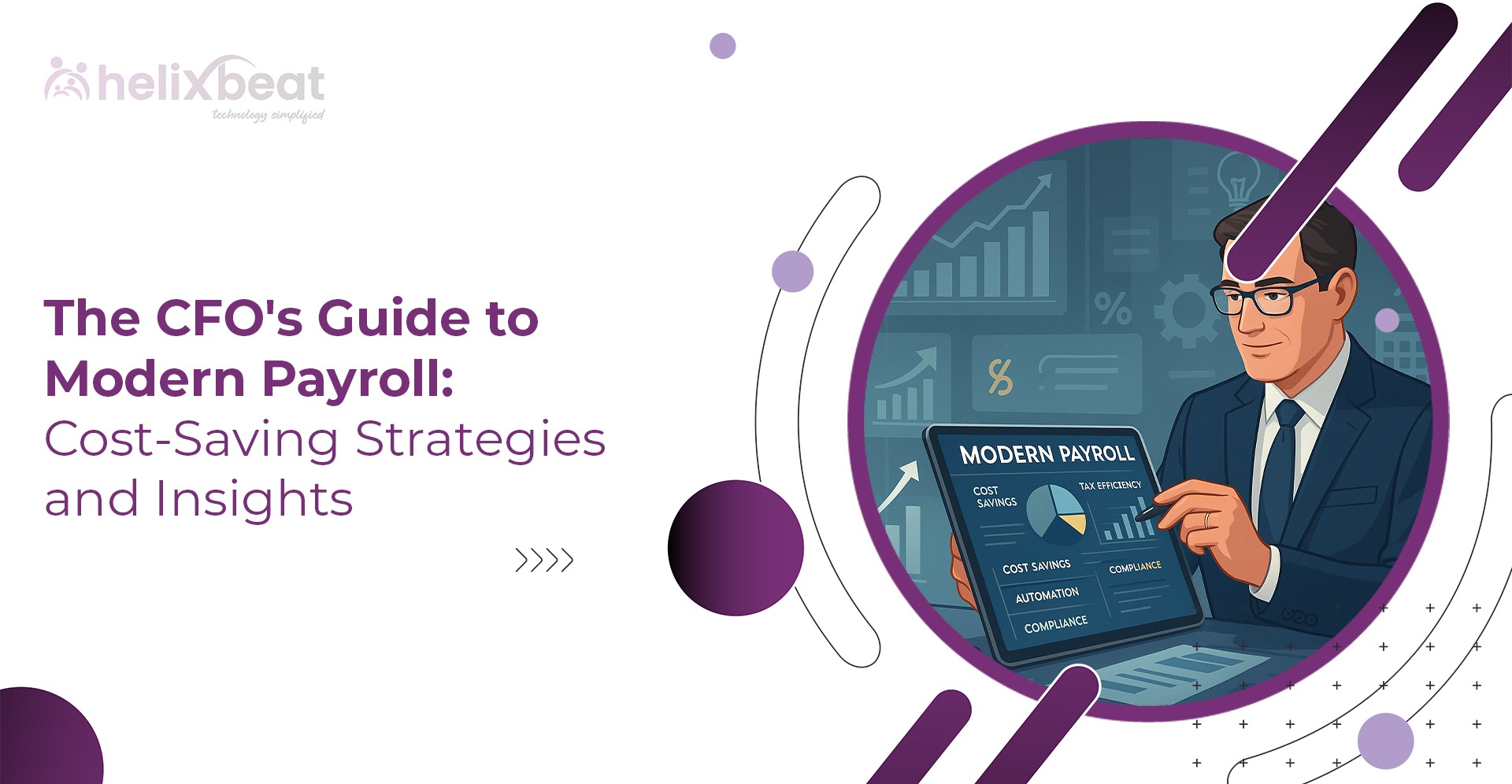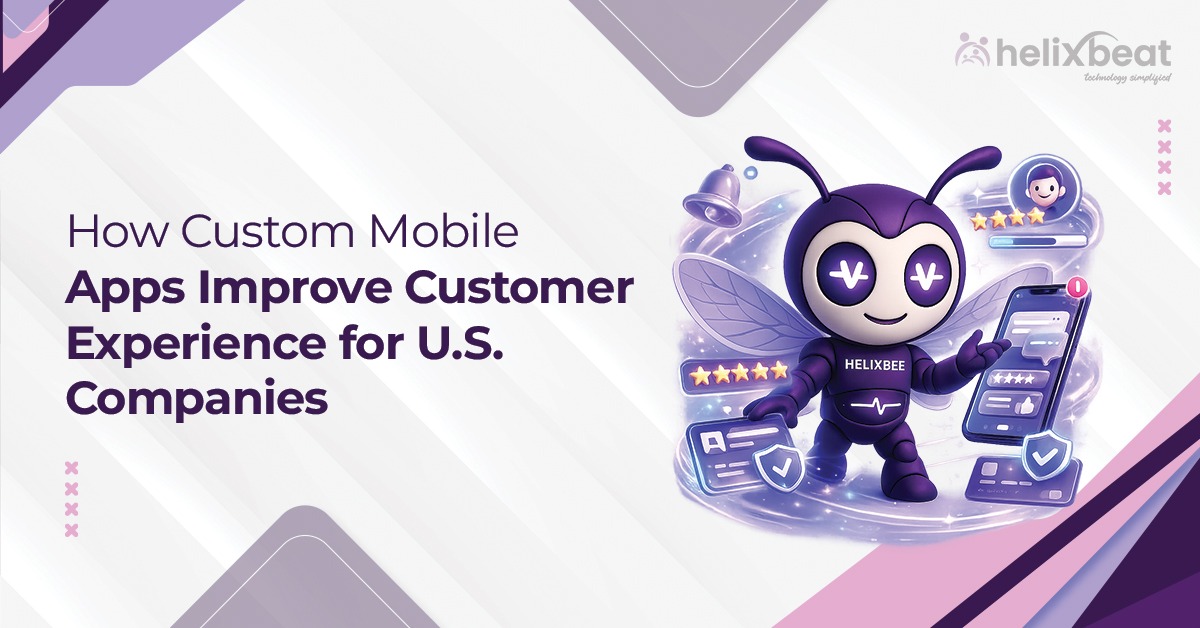If you’re a CFO, you probably know that payroll isn’t just about writing checks or making bank transfers. It’s a complex process that affects your company’s finances, compliance, and employee satisfaction. Yet, many CFOs still struggle with outdated systems, manual work, and hidden costs that make payroll a stressful, time-consuming task.
The errors in payroll can lead to penalties, unhappy staff, and wasted money. Where, these kinds of consequences no CFO wants to deal with. Plus, keeping up with constantly changing tax laws and regulations will be a challenging one.
That’s where a modern payroll management system like Synergy makes a real difference. Synergy’s payroll management system automates the payroll process and reduces mistakes. Also, it gives you clear, real-time insights into payroll expenses.
With Synergy, payroll management for CFO’s becomes less stressful and more of a strategic tool to keep your finances on track. In this blog, we’ll explain CFO’s guide to modern payroll and how Synergy helps to cut cost in payroll.

Table of Contents
What Is Payroll Management for CFOs and How it Impacts Financial Health
Payroll management for CFO’s goes beyond just processing employee salaries. It involves overseeing the entire payroll function to make sure payments are accurate, taxes and benefits are correctly handled, and the company stays compliant with all regulations. For a CFO, payroll is a crucial part of managing the organization’s finances because it directly affects cash flow, budgeting, and overall financial health.
Using the right payroll management software or payroll management system helps CFOs streamline this complex process. These tools automate calculations, generate reports, and provide real-time data on payroll expenses. This not only reduces errors but also gives CFOs better visibility into where money is going, helping them plan and control costs more effectively.
When payroll is managed well, it improves financial accuracy and helps avoid costly penalties for compliance mistakes. It also ensures employees are paid on time, which supports morale and productivity. For CFOs, a smooth payroll process is essential for maintaining a healthy financial position and making informed business decisions.
Common Challenges CFOs Face with Traditional Payroll Systems
Common Challenges CFOs Face with Traditional Payroll Systems often include manual errors, compliance risks, and lack of real-time data. These issues make payroll management for CFO’s time-consuming and costly, impacting overall financial efficiency.
- Manual Errors: Calculations and data entry mistakes leading to incorrect pay or tax filings
- Time-Consuming Processes: Payroll takes longer due to repetitive manual tasks
- Compliance Risks: Difficulty keeping up with changing tax laws and regulations
- Limited Visibility: Lack of real-time insights into payroll expenses and liabilities
- Data Security Concerns: Higher risk of sensitive employee data being compromised
- Integration Issues: Traditional systems often don’t connect well with HR or finance software
What CFOs Need to Know Before Choosing the Payroll Management Software
Choosing the right payroll management software is a critical decision for any CFO. For effective payroll management for CFO’s, the right system can save time, reduce costs, and improve compliance, while the wrong choice can cause headaches and inefficiencies. Here are key factors CFOs should consider:
1. Ease of Use and Automation Capabilities
For effective payroll management for CFO’s, look for software that automates routine tasks like salary calculations, tax deductions, and payslip generation. A user-friendly interface helps finance teams manage payroll efficiently without extensive training.
2. Compliance and Regular Updates
Payroll software must keep up with changing tax laws and labor regulations. Ensure the provider regularly updates the system to reflect new rules, helping you avoid penalties and compliance issues.
3. Integration with Existing Systems
Your payroll software should seamlessly integrate with your HRMS, accounting, and finance tools. Strong integration reduces manual data entry, minimizes errors, and streamlines financial reporting, making payroll management for CFO’s more efficient.
4. Security and Data Privacy
Payroll data contains sensitive employee information. Choose software with strong security measures like encryption, role-based access, and audit trails to protect against data breaches.
5. Vendor Support and Reliability
When considering software for payroll management for CFO’s, evaluate the vendor’s reputation for customer support, system uptime, and scalability. Reliable support ensures smooth payroll operations even during complex scenarios or peak periods.
How Synergy HRMS Helps Cut Payroll Costs
Synergy HRMS is built to simplify payroll management for CFO’s while helping save money across the board. Here’s how it achieves that:
- Automates Routine Tasks: By automating repetitive payroll tasks like salary calculations, tax deductions, and payslip generation, Synergy reduces manual effort and the chance of human error. This not only speeds up the process but also saves on labor costs that come with manual payroll management.
- Improves Accuracy: Payroll mistakes can lead to costly penalties and unhappy employees. Synergy’s software calculates salaries, taxes, and benefits precisely, minimizing errors that often lead to costly corrections and compliance fines.
- Enhances Compliance: Tax rules and labor laws frequently change, making it challenging to stay updated. Synergy continuously updates its system to reflect these changes, helping CFOs avoid non-compliance penalties that can be expensive.
- Provides Real-Time Insights: Synergy offers detailed, up-to-date reports on payroll expenses, tax liabilities, and benefits costs. This visibility helps CFOs spot trends and identify areas to reduce expenses, such as overtime or benefit wastage.
- Integrates Seamlessly: Synergy connects easily with your existing HR, accounting, and finance systems. This integration reduces duplication of work and streamlines data flow, cutting down administrative overhead and associated costs.
- Secures Sensitive Data: Protecting employee payroll information is critical. Synergy’s robust security features reduce the risk of data breaches, which can be financially damaging and hurt the company’s reputation.
By streamlining and automating payroll management, Synergy HRMS helps CFOs not only reduce direct payroll costs but also enjoy significant payroll automation benefits, freeing up time and resources to focus on strategic financial planning and growth.
Strategic Insights with Synergy Payroll Analytics
Synergy doesn’t just simplify payroll processing; it turns your payroll data into powerful insights that help CFOs make smarter financial decisions. Here’s how Synergy’s payroll analytics provides strategic value:
1. Real-Time Payroll Expense Tracking
With Synergy, CFOs get instant access to detailed reports on payroll costs, including salaries, bonuses, overtime, and benefits. This real-time visibility helps identify spending patterns and control costs before they escalate.
2. Identifying Cost-Saving Opportunities
Synergy’s analytics tools highlight areas where the company might be overspending such as excessive overtime, unused leave payouts, or inefficient benefit plans. CFOs can use this data to adjust policies and reduce unnecessary expenses.
3. Forecasting and Budgeting Support
By analyzing historical payroll data and trends, Synergy helps CFOs forecast future payroll expenses more accurately. This improves budgeting, cash flow management, and financial planning, reducing surprises at the end of each quarter.
4. Employee Productivity and Cost Analysis
Synergy’s analytics can correlate payroll data with employee productivity metrics, helping CFOs understand labor costs relative to output. This insight allows better workforce planning and optimization, ensuring the company gets the best value from its payroll spend.
Final Thoughts
Payroll management is a vital responsibility for CFOs, impacting both financial health and employee satisfaction. Effective payroll management for CFO’s can be challenging, especially when traditional payroll systems come with errors, compliance risks, and hidden costs that slow down your business.
Synergy HRMS offers a modern solution that automates payroll processes, improves accuracy, and provides real-time insights to help CFOs make smarter financial decisions. With seamless integration, strong security, and powerful analytics, Synergy makes payroll management for CFO’s easier and more cost-effective.
By choosing Synergy, CFOs can reduce payroll costs, minimize risks, and focus on strategic growth turning payroll from a routine task into a valuable business advantage.
Take the first step towards smarter payroll management with Synergy HRMS today.
FAQ:
1. Does the CFO do payroll?
The CFO is usually not involved in the day-to-day processing of payroll. Instead, they oversee payroll management to ensure accuracy, compliance, and cost control. CFOs make strategic decisions about payroll systems and policies but typically delegate operational tasks to HR or payroll teams.
2. What is the role of the CFO in financial management?
The CFO manages the company’s overall financial health. This includes budgeting, financial planning, risk management, reporting, and overseeing key functions like payroll, accounting, and compliance to support the organization’s growth and stability.
3. What are the steps in payroll management?
Payroll management starts with collecting employee work hours and salary information, followed by calculating wages and deductions. Then, payments are processed, tax reports are filed, and payroll records are maintained with regular reporting.
4. What’s the best payroll software?
The best payroll software depends on your company’s size, needs, and budget. Synergy HRMS is a top choice for CFOs because it automates payroll tasks, ensures compliance, integrates with other systems, and provides real-time analytics to support decision-making.
5. What is a payroll management company?
A payroll management company handles salary calculations, tax deductions, compliance, and payslip generation for businesses, helping reduce errors and save time.
6. What is the payroll management process?
It’s the step-by-step system of collecting employee data, calculating pay, processing payments, filing taxes, and maintaining records to ensure accurate and timely payroll.














